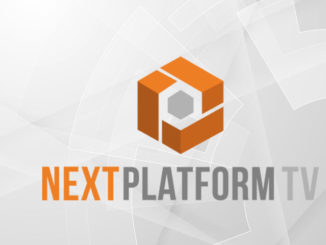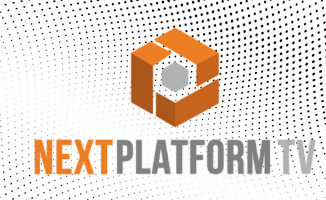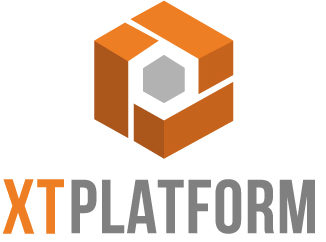
In-depth with Intel’s Raja Koduri; a unique spin on RDMA; from HPC to DNA storage CTO (market and more); AI inference architecture tradeoffs at ultra-low power; Taboola’s datacenter shutdown and lessons for IT crisis management at scale; much more.
On today’s program we speak with Raja Koduri, who is chief architect at Intel as well as general manager of Architecture, Graphics, and Software. The conversation revolves around we talked the use of chiplets and outside foundries for the various engines of compute that Intel sells. We also talked quite a bit about the oneAPI software abstraction layer that will unify Intel’s compute engines and the prospect of opening this stack up more and having others participate in its development and adoption.
We also spoke with Arjun Singhvi, a researcher at the University of Wisconsin and an affiliate researcher with Google, about 1RMA, which he and his fellow researchers call “re-envisioning remote memory access for multi-tenant datacenters.” There is a certain amount of grousing about RDMA in hyperscale and cloud datacenters, whether it is InfiniBand or Ethernet with RoCE, and they seek to do a better job of RDMA with their new approach.
Also on the program we talk to Syntiant about the tradeoffs that must be made for running AI at the extreme edge. We talk through this and more with the company’s VP of hardware, IEEE fellow, Dave Garrett and also look at how much compute is enough, how much AI can fit in a device that has no on-board memory, and what the shape of the future for such devices might be–and what datacenter AI chip startups could learn from approaches like theirs.
For the HPC set a familiar face, although in an unfamiliar realm. We talk to Dave Turek, former head of HPC and technical computing at IBM and now CTO at DNA storage startup Catalog DNA. We talk through the technology, how it might be implemented/manufactured, and what the impact might be on future storage systems.
We also talk with the VP of IT at Taboola about a very bad day when one of their key datacenters went dark. We talk through the failures but also discuss lessons learned about crisis management for large-scale IT and how the impacts can be minimized with key steps in terms of preparation, communication, and technical readiness.
Thanks as always for joining. Instead of the program on Thursday there will be what can be considered a “special” program. Four-plus hours of Next Platform TV format as The Next Database Platform. Look for the registration icon to your upper right and register. We’re capped at 1000 for maximum bandwidth, don’t miss a spot.





Be the first to comment